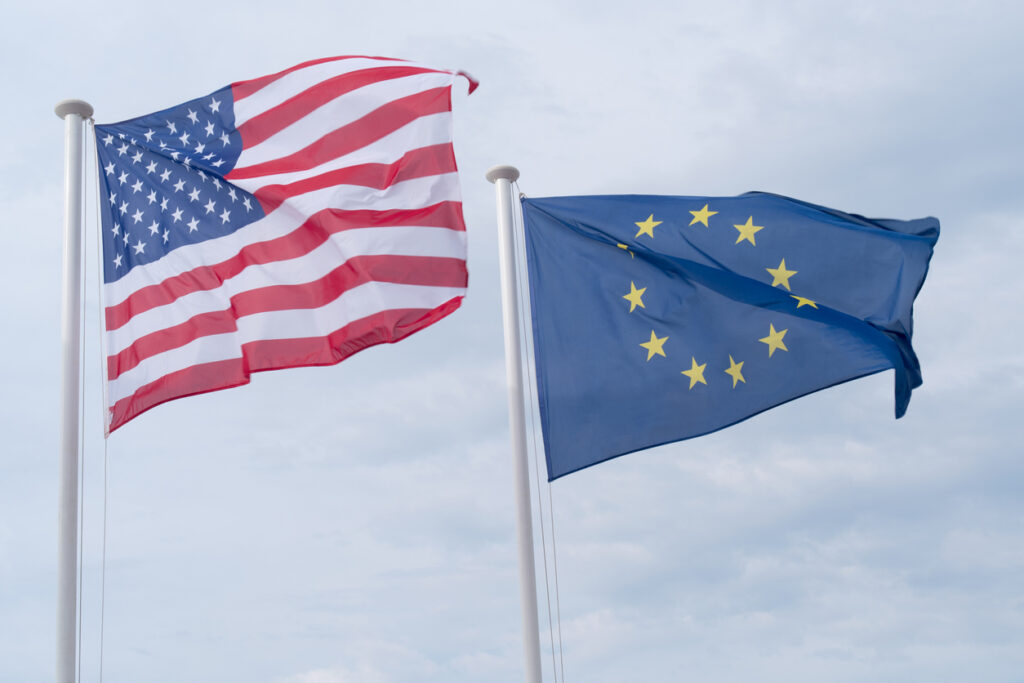The decision that would take the U.S. off the privileged list that allows travelers to visit most of the EU nations without quarantine restrictions has been put off to Monday, August 30.
American visitors have benefited from unhindered movement but countries across Europe are now scrambling to reintroduce pandemic curbs amid the rising cases of the Delta variant in the U.S. and the lack of an equal treatment for EU travelers.
If approved, unvaccinated citizens from the U.S., Israel, Kosovo, Montenegro, Lebanon and North Macedonia will have to observe quarantine and testing restrictions in order to enter the European Union, a diplomat told Reuters.

The bloc is divided between those who need the tourism money to help bounce back their damaging tourism industries and those demanding reciprocity.
In fact, some of the 27 EU nations have already imposed a number of extra restrictions on American citizens including multiple testing and quarantines for the unvaccinated.
But how did the EU go from celebrating its reopening to American travelers on July 1 to having heated discussions to kick them out 60 days later?
Several reasons. On July 1, EU citizens who hold an EU COVID-19 Vaccination Passport were permitted to travel across the bloc without undergoing any restrictions. The U.S. was also generously invited to participate in this reopening.
By that time the U.S. would surprise the world with its incredible fast vaccination campaign and the reduction of their coronavirus cases.
But things rapidly changed with the introduction of a new variant in the equation. The highly contagious Delta variant that, together with a growing rejection to get immunized, turned the U.S. into a epidemiology disaster once again.
Even though the EU as a whole was willing to keep the doors open, important EU political players started to run out of patience with their American counterparts.
Earlier this month, European Commission President Ursula von der Leyen expressed that this “situation can no longer drag on for weeks.”
We’ll see what happens on Monday.

